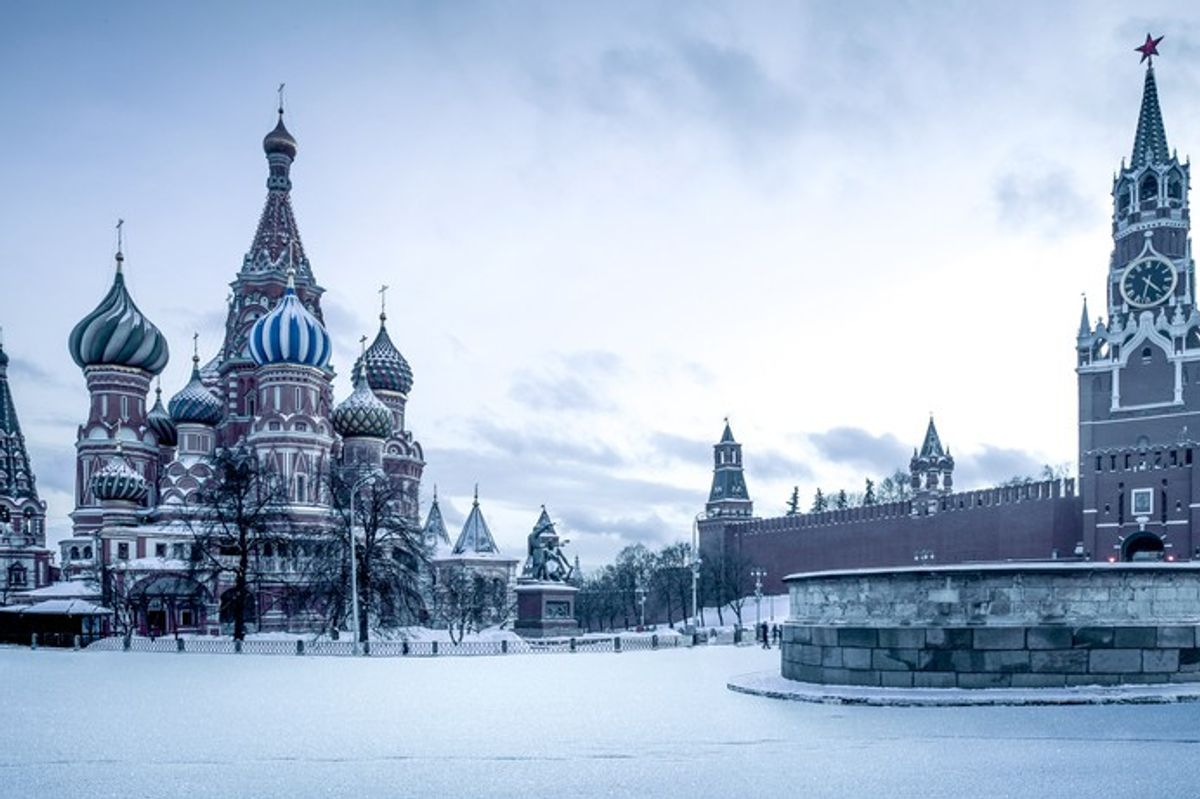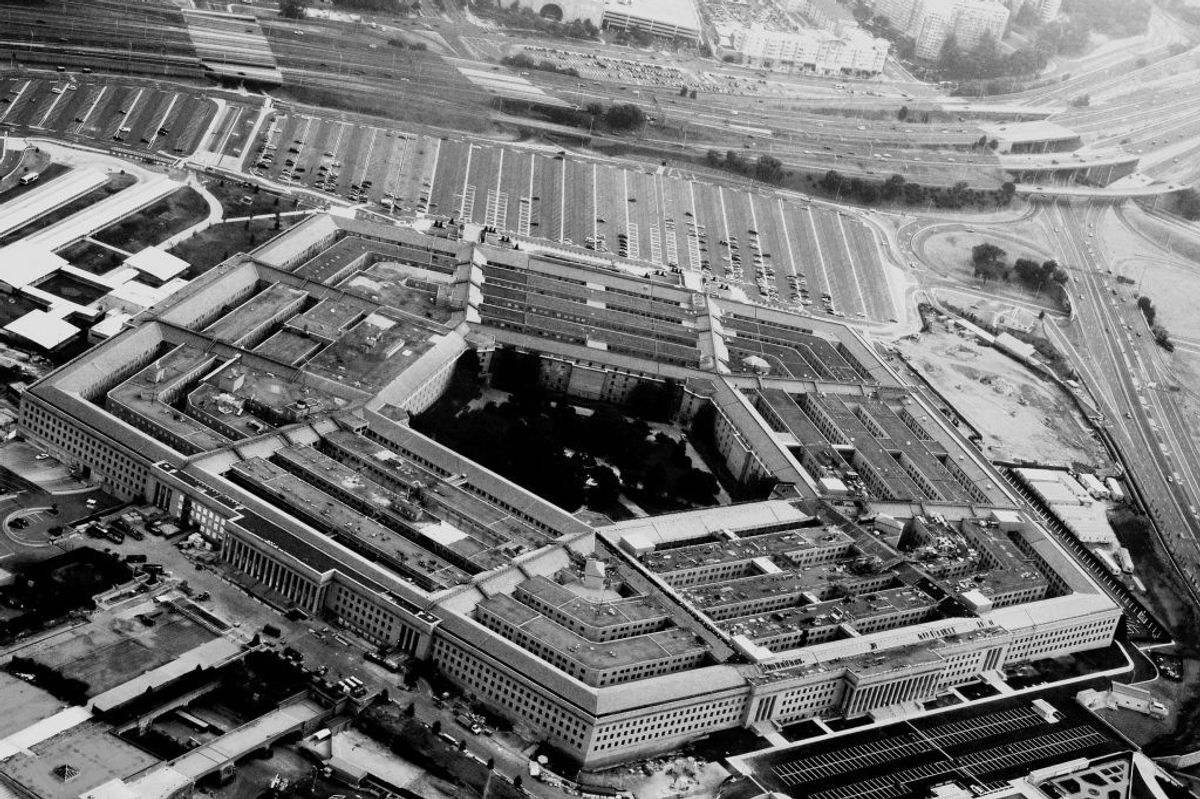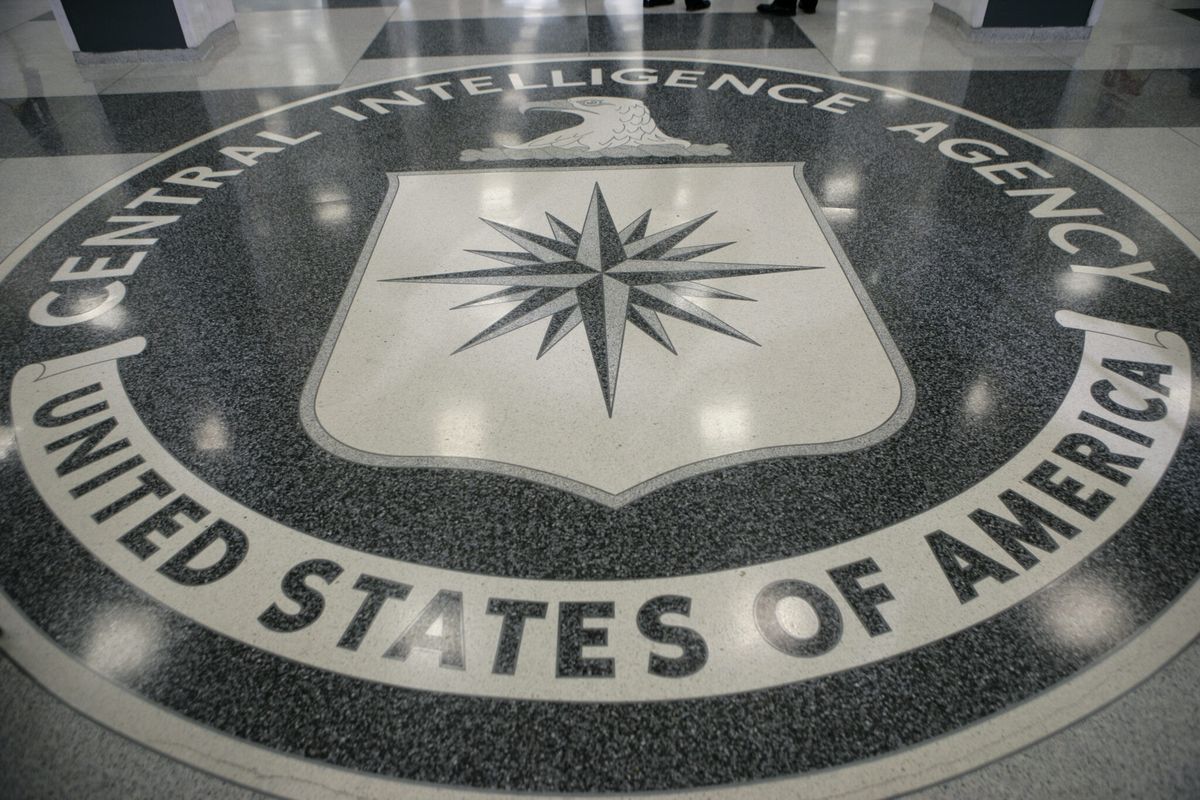The main problem with this latest launch of a likely movie series is not necessarily the gratuitous violence and errant gun play – although those are bad, to be sure – American Assassin gets the people wrong, both the CIA personnel and the special operations community. It promotes that same pernicious narrative that unbalanced, reckless, and immoral people operate behind the scenes to keep the country safe.
The movie centers on two protagonists, an untrained, yet earnest young recruit, and a retired, Navy SEAL, his trainer. This version of Jason Bourne has his memory intact. The story line of American Assassin is loosely based on the bestseller by Vince Flynn and follows the arc of an innocent young American male, Mitch Rapp, played by Dylan O’Brien, enjoying the beaches of Spain, when an unexpected horrific event brings severe anguish to his life and sets him out on a path of revenge. Enter the CIA (!) and special operations instructor Stan Hurley, played by Michael Keaton, taking notice of Rapp, and eventually bringing him into their highly restricted program.
Keaton plays the retired U.S. Navy SEAL as an unbalanced and possibly suicidal recluse, living in remote, forested Virginia. He is an expert trainer of “assassins,” on contract to the CIA. About 20 minutes into the movie, we get our first glimpse of him, leading the special unit training in a fairly typical story-line: the disrespectful young recruit meets the authority figure that’s going to put him in check.
Unfortunately, the story line continues a perplexing, disturbing theme of mental instability inside elite units of the CIA and its joint special operations partners. Spoiler alert: after another 10 minutes of rough and tumble training scenes, Hurley is upping the pressure on his recruits when we get a gratuitous close-up of him yelling at his trainee, Rapp, then putting his pistol in his own mouth and pulling the trigger. What are we supposed to take from that scene? That the trainer knew the condition of his weapon? A teaching point? Whatever it is, there’s unfortunately more of it to come.
Hurley, the assassin-trainer, has several discussions – one with the CIA Deputy Chief of Counter Terrorism and the other with a former SEAL-turned-terrorist—known as Ghost and played by Taylor Kitsch – about the selection of mentally ill military personnel for use in his killing unit. Rapp, their latest recruit, is also judged as a great candidate for the unit for his similarly troubled attributes: his temperament, extreme anger, and rogue attitude are off the charts.
The movie includes a torture theme as well. Hurley is hung by a chain from the ceiling, feet in the water, when he is electrocuted and brutalized by having fingernails pulled. Ghost, the bad-guy, reveals his own torture scars, due to Keaton putting him in harm’s way years prior. One nuclear scientist working for the Iranians is captured and tortured by Hurley, his naked body doused with gasoline while Hurley threatens him with a match.
Overall, the movie is thoughtless fare. The plot line is based on stereotypical ideas of U.S. intelligence officers and commandos collaborating to kill “bad guys” around the world, including, apparently, foreign officials. But the idea that U.S. personnel would operate unilaterally to target accredited foreign government officials is fanciful, the sort of extra-legal stuff that adds drama, but is by no means realistic.
The stunningly violent opening scene is designed to affect approbation, but the training scenes that follow don’t really give us enough to engender endearment or support for Rapp. In fact, he seems wholly unlikeable. He’s an ordinary guy that’s pulled into unforeseen events. We all like an ordinary guy, but there’s really no development of his character, there’s no arc of the hero’s journey that draws us in and puts us in position to cheer hard for him when he finally confronts the enemy.
Hollywood wants to capitalize on the public’s ongoing fascination with spies and commandos. There’s an interest in learning how you come from ordinary-ness and get to be a CIA case officer or member of an elite military unit. If you really want to join the CIA, how about this: be decent, have values, character, and integrity. Have a curious mind. Be honest, thoughtful, and speak with clarity. Stand for something, contribute to a cause, be active, and inspire others to do the same. Help someone in need. And do it all without seeking reward or accolades. Quietly go about your business. All, before you seek employment. The agency is filled with people like this, as is the special operations community.
Hollywood seems interested in exploring the contradiction inherent in the righteous hero who’s drawn into the shadowy world of covert operation. How is it that good people come to be involved with what most misperceive as unlawful, immoral, or unethical activities? The public needs to be better informed that the programs and operations that take place in the shadows, which they sometimes hear about on TV or at the movies, are lawful, coordinated, approved, and for the most part, expertly researched, thoughtful, and well-planned. Very well planned, in fact. There are no willy-nilly activities, no rogue operations. Mistakes, sure. Poor strategy, plenty – but look to downtown Washington for that. Nothing is happening without approval and without a long hard look at the morality and ethics and the possible consequences of their actions.
Furthermore, the people recruited and trained are decent and moral. The CIA and special operations command select recruits based on character and aptitude, and launch them into incomparable programs of development within the organizations. Thoughtful programs, and, yes, specialized training, led by competent officers with experience and plenty of lessons learned, mark the difference between U.S. joint special operations and any other country in the world. The selection, training, and development depicted in American Assassin unfortunately falls far short of the very high standard of real life operations and leave the uninformed with an uneasy feeling about the people who work in the shadows to defend America.
James Periard is a former CIA Case Officer and trainer, who served in Afghanistan, Iraq, and Yemen. He recently served as CIA faculty at the National War College and is the current Managing Director of the Washington, DC office of Patriot Defense.













